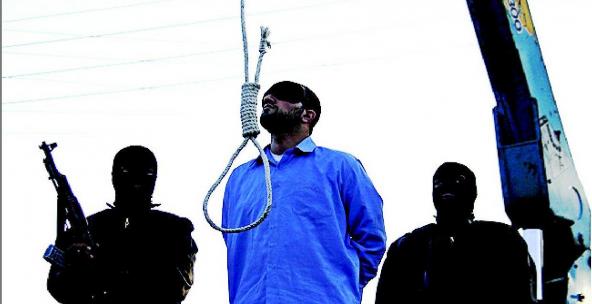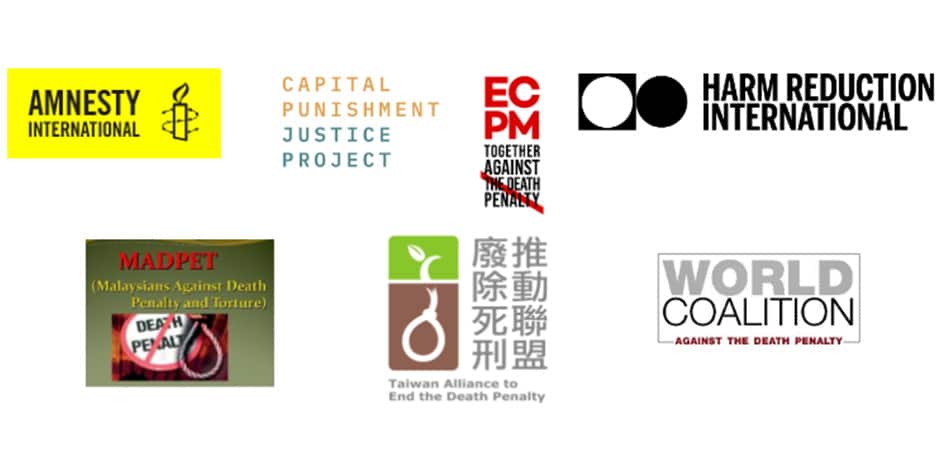
Drug-busting aid to Iran must be frozen
MENA
The World Coalition Against the Death Penalty is calling on donor states and UN agencies to “freeze current drug enforcement funding and technical assistance to Iran until a moratorium on executions for drug offences is implemented”.
In a statement, World Coalition member organizations wrote: “We are shocked that despite well-documented evidence, donors continue to facilitate serious human rights violations in the name of drug control.”
Tortured into “confessions”
Iran retains notoriously draconian laws and systematically violates the human rights of people accused of drug offences.
Suspects are interrogated without the presence of a lawyer and some are tortured into ‘confessions’. These are used against them in court, where they are convicted without legal counsel or the ability to review the evidence against them and sentenced to death without a right of appeal.
Out of 676 executions carried out in Iran last year, more than 80% were for drug offences, according to a recent report by Harm Reduction International (HRI), a member of the World Coalition.
Most recently, on 22 October 2012, 10 people were hanged in a prison in Tehran after being convicted of drug offences. It followed a plea from three United Nations human rights bodies for a halt to executions in the country.
Two days later, the UN special rapporteur on extrajudicial, summary or arbitrary executions, Christof Heyns, issued his own report, calling on states and international organizations including the UN Office on Drugs and Crime (UNODC) to ensure that their financial or technical support does not facilitate breaches of international law.
“While the elaboration of guidelines points in the right direction, actual practice has not been sufficiently modified accordingly and remains a matter of concern. For example, UNODC and some States are actively involved in the Islamic Republic of Iran, where more than 1,400 people have reportedly been executed since the beginning of 2010, most of them on drug-related charges,” Mr Heyns wrote.
Millions of dollars
HRI has documented millions of dollars in assistance to Iran for drug control programmes, often through the UN, from donors including France, Japan, the United Kingdom, Belgium and Ireland.
In a report published last June, HRI cited the example of a $4-million UNODC Afghan-Iran drug border control project funded by the European Commission and the government of Austria between 2004 and 2008.
“During the lifetime of the project, sixteen Afghan children were arrested by Iranian border authorities, convicted of trafficking drugs across the Afghanistan/Iran border and sentenced to death by hanging in Iran,” HRI wrote. “While there is not necessarily a direct linkage between the police training and executions, the example illustrates the human rights environment in which such projects are run without appropriate safeguards.”
Despite increased executions in Iran and serious due process concerns, such funds and UN assistance continue. The UN Office on Drugs and Crime recently appeared in international media defending the Iranian authorities’ actions and downplaying its own connections to rights abuses.
Immoral and illegal
Iranian officials maintain that executions of drug offenders act as a deterrent, but there is no evidence to support this.
The World Coalition is urging donors to ensure, through rigorous safeguard processes, that their anti-drug funding does not facilitate abuses which they themselves consider immoral and which violate their obligations under international law.
“Given ongoing grave human rights concerns related to drug control in Iran, including the lack of due process, the application of the mandatory death penalty and the high rate of executions for drug offences, the time has come for donors and the UN Office on Drugs and Crime to freeze such support;” World Coalition members said.







